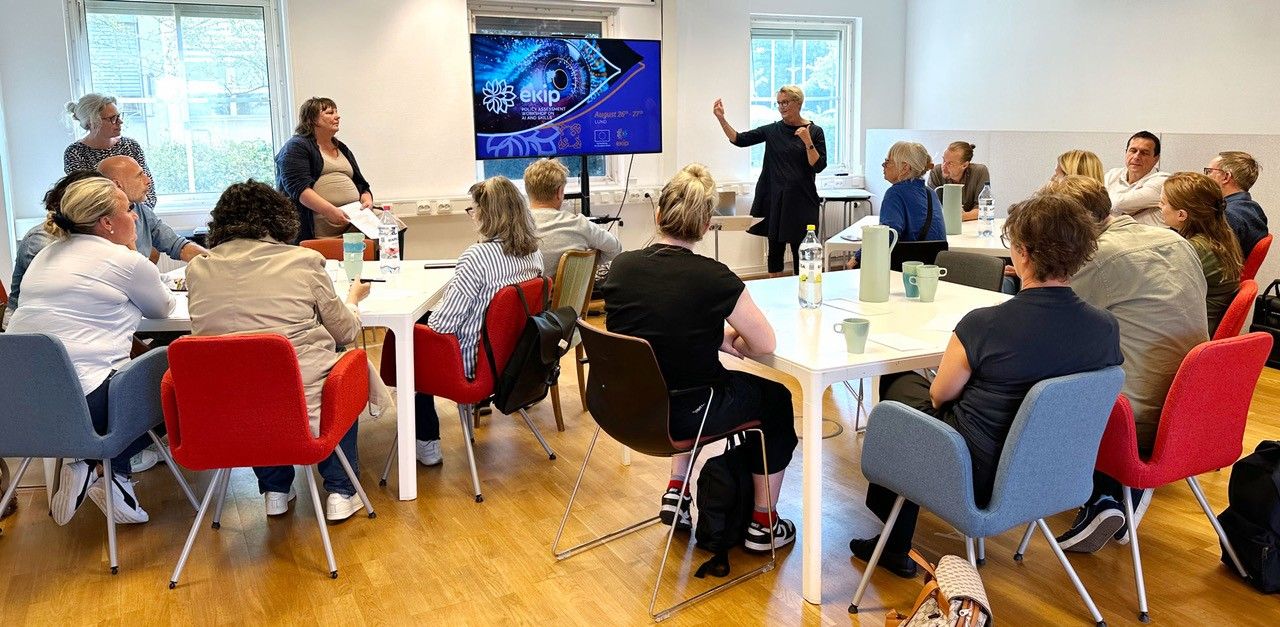Craft and Industrial Geographical Indication (CIGI) Regulation
This Regulation from the European Commission establishes a single unified EU title for the protection of craft and industrial product names across all EU countries. This title is granted to products originating from specific places or regions, possessing qualities, reputation, or characteristics essentially linked to their geographical origin, and involving at least one production step in that area. The Regulation seeks to retain unique skills and traditional know-how that might otherwise disappear, particularly in Europe’s rural and less developed regions.






